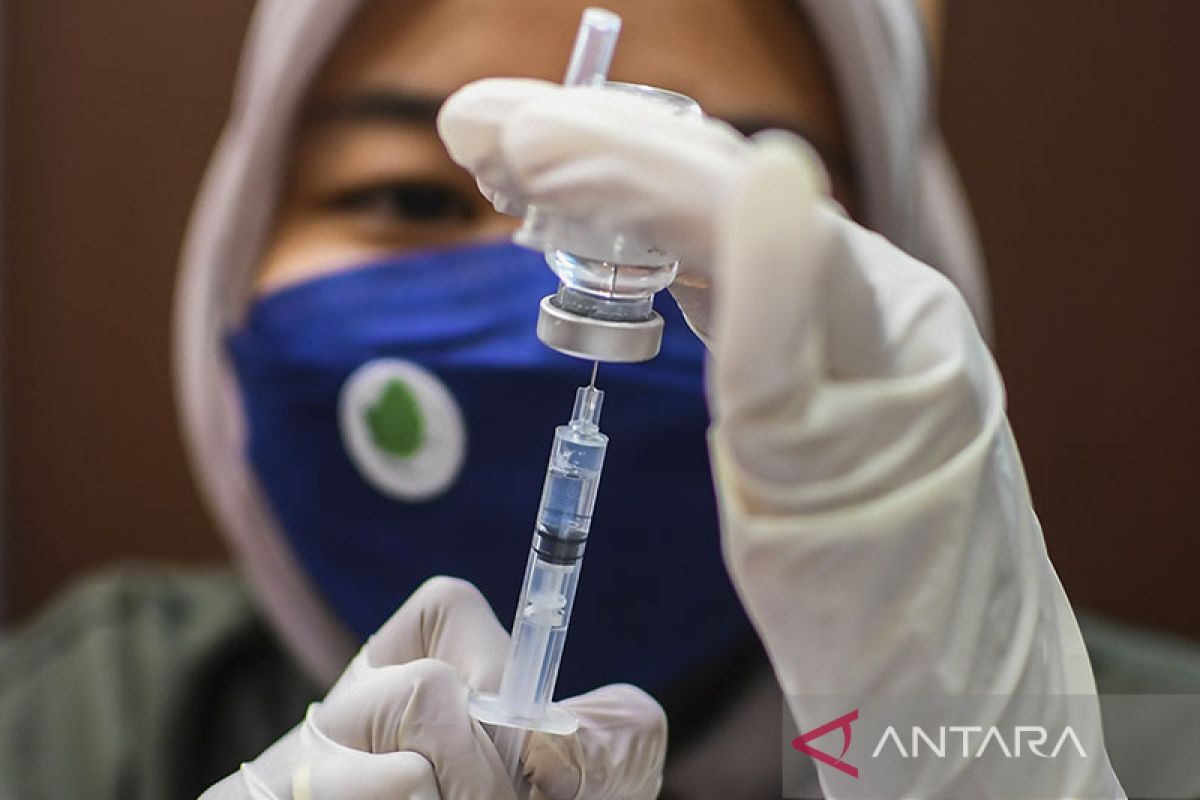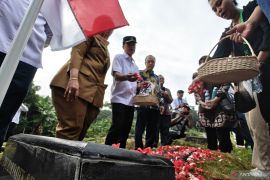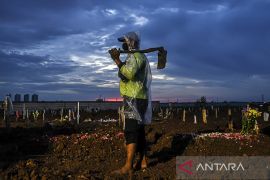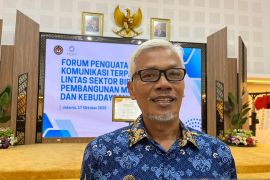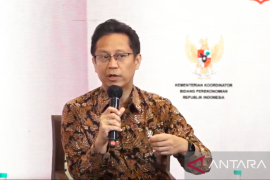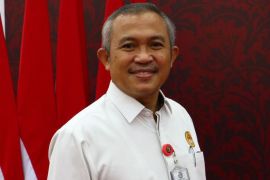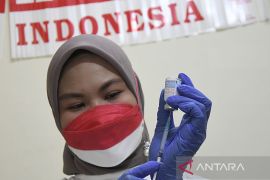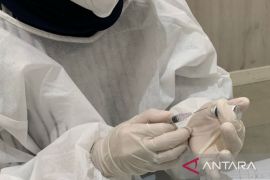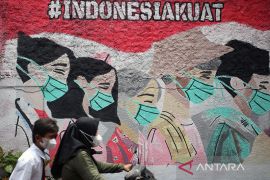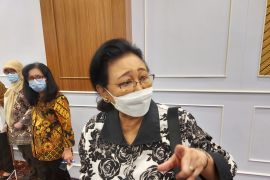Indonesia, which announced its first COVID-19 cases on March 2, 2020, has been battling the virus and has managed to control three waves of infections triggered by the Alpha, Delta, and Omicron variants of COVID-19, respectively.
The country has seen a downward trend after intensifying the implementation of health protocols, such as wearing masks and keeping a safe distance, and stepping up vaccinations to control virus spread.
On March 8, 2022, Indonesia logged 30,148 fresh COVID-19 cases, 55,128 recoveries, and 401 deaths amid the third wave triggered by the Omicron variant.
The nation’s Task Force for COVID-19 Handling pegged the total number of cases at 5,800,253, recoveries at 5,226,530, and deaths 150,831, as of March 8, 2022.
According to data provided by the Health Ministry, as of March 7, nearly 192,134,689 Indonesians have received their first COVID-19 jab, 148,347,458 have been fully vaccinated, and 12,698,131 have received the booster dose.
The government has set a target of vaccinating at least 208 million of its over 270 million population to achieve herd immunity. The national vaccination drive started on January 13, 2021.
The first dose vaccination coverage has so far touched 92.2 percent while complete dose coverage has reached 71.03 percent and booster coverage is still below 10 percent of the target.
The government is currently preparing a road map to support Indonesia’s gradual transition from the pandemic to endemic phase, according to the government’s spokesperson for COVID-19 handling, Reisa Broto Asmoro.
The road map will be used to normalize community activities gradually through virus control policies, setting a hospital occupancy limit, and suppressing the death rate to ensure it remains at a low level, she elaborated.
The road map has been drafted by carefully taking some things into account, not only related to health and science, but also several aspects of people's lives such as social, cultural, and economic aspects, she said.
In order to get ready for an endemic period, the tracking capacity must also be improved, and this will require cooperation from all parties in implementing the health protocols, she added.
"The community also has a role to play in halting the spread of COVID-19, and so far, we have learned for two years long, to start living by adapting to new habits that we do every day," she said on March 7.
Hence, the pre-endemic health protocols are also being finalized and they will be implemented as soon as the COVID-19 pandemic subsides, she added.
The pre-endemic health protocols have been prepared by involving various stakeholders such as epidemiologists and health practitioners, spokesperson for the Health Ministry, Siti Nadia Tarmizi, informed on March 7.
The protocols include the cessation of negative antigen or PCR tests requirements for fully vaccinated domestic travelers arriving via land, sea, and air, she said.
They also cover changes to the limits placed on the capacity of public spaces such as stadiums and shopping centers, she added.
"Hopefully, we can continue to maintain and suppress the current downward trend in cases so that we can get through this pandemic together," she remarked.
However, the date for the start of the endemic phase is yet to be decided because Indonesia cannot declare this if another country is trailing behind in terms of tackling COVID-19, according to the task force’s spokesperson Wiku Adisasmito.
The COVID-19 pandemic is a global issue that necessitates unified action globally, he said.
"If the pandemic is over in Indonesia, but some other countries are still struggling to control the pandemic, then the COVID-19 pandemic is not over yet," he explained.
Adisasmito said that the endemic stage can be achieved only if the global community adheres to health protocols, such as the requirement to wear a mask and frequent hand-washing, as well as reminds and protects each other from the dangers of the disease.
"As a great nation, we can be an example to help others bring the pandemic to an end. We will enter the endemic stage soon if we also help them," Adisasmito remarked.
Earlier, Health Minister Budi Gunadi Sadikin confirmed that the Indonesian government is devising a strategy to change the status of the COVID-19 pandemic to endemic.
However, he said he believes that every country needs to wait for an official announcement from the WHO to revoke the pandemic status.
"We also received a direction from the President, with inputs from the coordinating minister, regarding the strategy (to shift) from the pandemic to endemic stage. We have prepared the protocol," Sadikin informed.
President Joko Widodo (Jokowi) has called for careful consideration before arriving at a decision by taking into account various approaches from the scientific, health, social, cultural, and economic aspects, according to the minister.
Widodo has advised to not hurry in changing the pandemic status to endemic and to remain heedful of the precautionary aspect, he added.
Related news: Govt must remain vigilant despite COVID-19 downtrend: Speaker
Related news: Govt publishes guide to anticipate third COVID-19 wave
Editor: Rahmad Nasution
Copyright © ANTARA 2022
